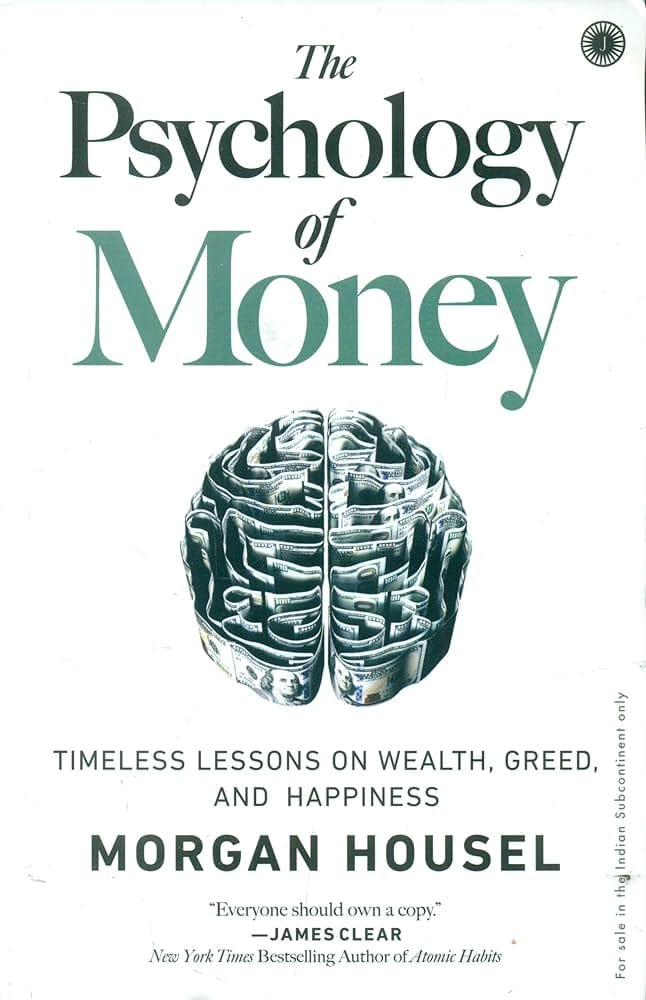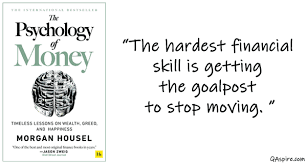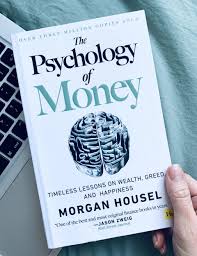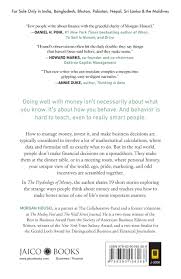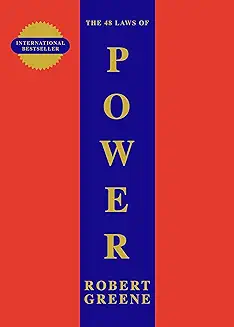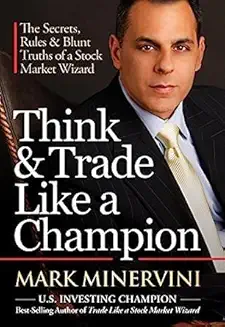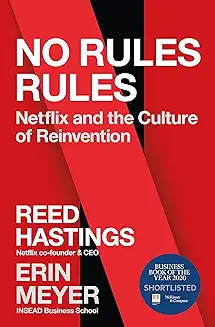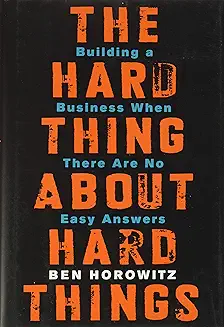Psychology of Money by Morgan Housel
The Psychology of Money by Morgan Housel explores how emotions and behavior influence financial decisions more than technical knowledge. Through engaging stories and timeless lessons, the book highlights the importance of patience, humility, and long-term thinking in building wealth. Housel challenges conventional ideas about money, emphasizing the role of personal values, the power of compounding, and the risks of chasing “more.” With practical insights into managing uncertainty and understanding what truly matters, the book offers a fresh approach to personal finance, helping readers align financial choices with their goals and achieve lasting peace of mind.
₹799.00 Original price was: ₹799.00.₹149.00Current price is: ₹149.00.
Free shipping
Order Above INR 799
COD Available
Xtra Charges Applicable
Pan India Delivery
Kashmir-> Kanyakumari
Easy Replacements
Conditions Applied
Expert Support
Visit Contact Us Page
Free shipping
Order Above INR 799
The Psychology of Money by Morgan Housel offers a unique perspective on personal finance, exploring the emotional and psychological factors that shape our financial decisions. Rather than focusing on technical formulas or investment strategies, the book delves into how human behavior, perception, and experiences influence the way people approach money. Housel presents timeless lessons that resonate across different financial situations, making the book relevant for readers of all backgrounds.
One of the central themes of the book is that managing money is more about behavior than knowledge. Even financially literate individuals can make poor decisions because of emotions like greed, fear, and impatience. Housel illustrates how people from diverse walks of life, with varying levels of income and education, view money differently based on their personal experiences and upbringing. This highlights the subjective and often irrational nature of financial behavior.
The book is structured into 20 chapters, each focusing on a specific lesson about money and life. Through engaging anecdotes and research, Housel emphasizes concepts such as the importance of humility, patience, and flexibility in financial planning. He challenges conventional wisdom by pointing out that success with money is not about intelligence or market timing but about cultivating habits like saving consistently and staying invested for the long term.
One of the book’s standout ideas is the concept of “enough.” Housel argues that chasing more money or possessions often leads to dissatisfaction and unnecessary risks. Recognizing what is “enough” for you can help maintain a balance between ambition and contentment.
The book also explores the unpredictability of financial markets and the importance of preparing for uncertainty. Housel introduces the idea of “margin of safety,” encouraging readers to make financial decisions that allow for unexpected setbacks. He emphasizes the value of long-term thinking, patience, and resilience in the face of economic volatility.
Housel sheds light on the power of compounding and the significance of time in building wealth. He uses the example of Warren Buffett, highlighting how a significant portion of Buffett’s wealth came from consistent investing over decades rather than short-term brilliance. This reinforces the idea that patience and discipline are more critical than flashy financial maneuvers.
Another crucial takeaway from the book is the idea that wealth is what you don’t see. Many people mistake visible displays of affluence, like luxury cars or lavish lifestyles, for true wealth. Housel reminds readers that real financial strength lies in savings, investments, and financial freedom—not in appearances.
The book also touches on the social and cultural aspects of money, exploring how societal pressures and norms shape financial behavior. Housel encourages readers to focus on their own financial goals and values, rather than comparing themselves to others or chasing societal definitions of success.
The Psychology of Money is filled with practical wisdom and relatable insights that make it accessible to a wide audience. Whether you are a seasoned investor or someone just starting your financial journey, the book provides valuable lessons that extend beyond money management to life itself. Housel’s conversational tone and compelling storytelling make complex financial concepts easy to understand and apply.
Ultimately, the book encourages readers to reflect on their relationship with money, recognize the emotional drivers behind their financial decisions, and adopt behaviors that lead to long-term stability and peace of mind. By focusing on timeless principles rather than short-term trends, Housel provides a guide for navigating the complexities of money in a way that aligns with personal values and goals.


Related Books
Ikigai Journey by Héctor García
The Power of Your Subconscious Mind by Joseph Murphy
Yuval Noah Harari Combo: 3 Books
The 33 Strategies of War by Robert Greene
The Daily Laws by Robert Greene
The 48 Laws of Power by Robert Greene (Color Print)
Think and Trade Like a Champion by Mark Minervini
No Rules Rules by Reed Hastings
The Daily Stoic by Ryan Holiday
The Personal MBA by Josh Kaufman
This Is Marketing By Seth Godin
The Hard Thing About Hard Things by Ben Horowitz
Never Finished by David Goggins
Dopamine Detox by Thibaut Meurisse
Who Moved My Cheese by Dr. Spencer Johnson
Ignited Minds by APJ Abdul Kalam


Recently Viewed
Lorem ipsum dolor sit amet, consectetur adipiscing elit. Ut elit tellus, luctus nec ullamcorper mattis, pulvinar dapibus leo. Lorem ipsum dolor sit amet, consectetur adipiscing elit. Ut elit tellus, luctus nec ullamcorper mattis, pulvinar dapibus leo. Lorem ipsum dolor sit amet, consectetur adipiscing elit. Ut elit tellus, luctus nec ullamcorper mattis, pulvinar dapibus leo. Lorem ipsum dolor sit amet, consectetur adipiscing elit. Ut elit tellus, luctus nec ullamcorper matti.

